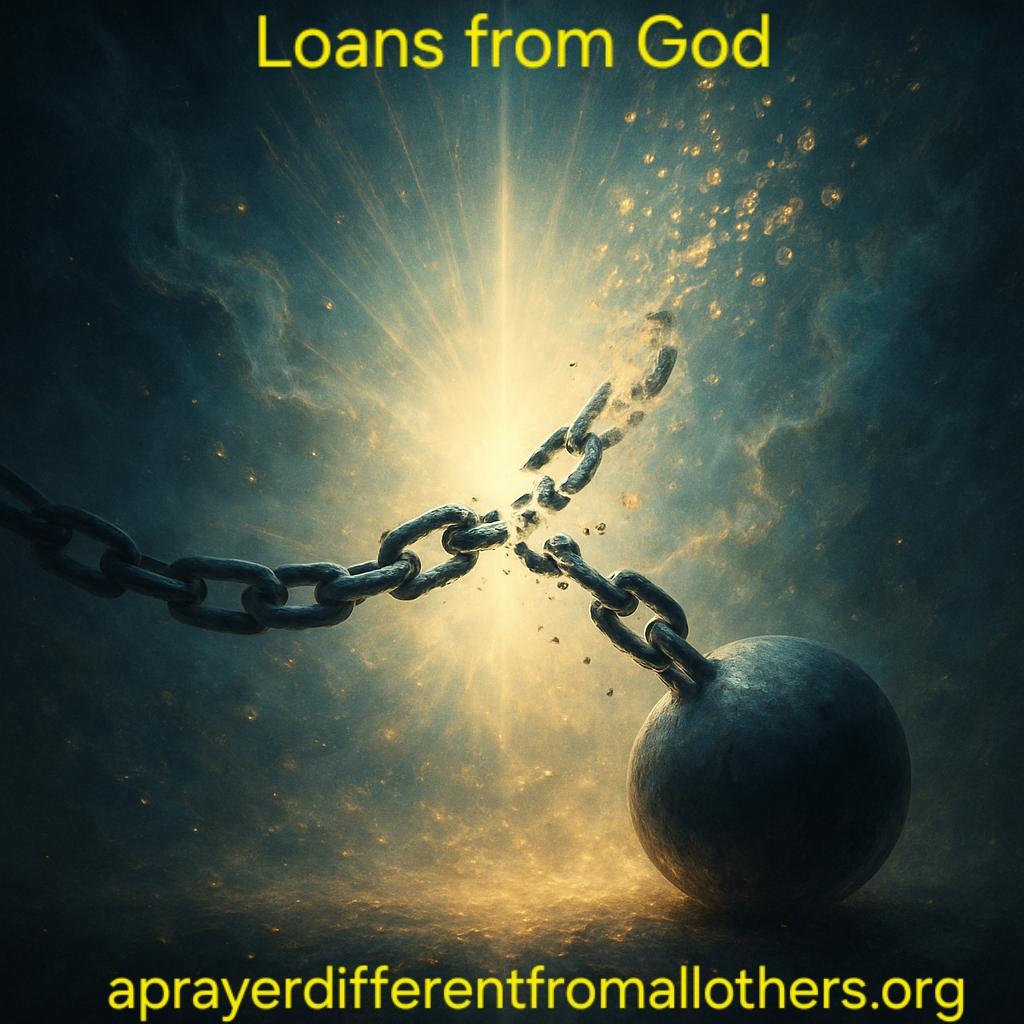Credit from God as a Symbol of Life and Gifts
1. In a metaphorical sense
In a metaphorical understanding, a “credit from God” means that life, health, talents, and time are loaned to us — not given forever. We are not owners but stewards (biblical motif: the parable of the talents). One day we will have to “settle the account” — not in a fearful way, but in the sense of value, meaning, and how what was given to us has been used.
In this sense, time is a credit we repay through how we use it; talents are a credit, and our “installment” is personal growth and sharing. Love and goodness are a currency that never loses its value.
In this version, God is not a “bank,” but the source of everything we have “for a moment.”

THEOLOGY: debt toward God in religious traditions
Christianity
In the Bible, the concept of debt appears in the Lord’s Prayer: “forgive us our debts” — meaning sins, faults, neglect. Jesus comes to “repay the debt” that Adam — the earlier incarnation of His Soul — was not able to repay himself. This is a metaphor for the salvation of an individual — in this case, only the Soul of Jesus and Adam.
A human “incurs debt” by living contrary to love, yet God does not act as a usurer — rather, He offers “debt forgiveness.”
Judaism
Duties toward God are mitzvot — commandments whose fulfillment “balances the account.”
A debt toward God can be understood as unused opportunities to do good.
Islam
Everything a person possesses is amanah — an entrusted deposit. A person will be held accountable on the Day of Judgment for how they managed the life and resources entrusted to them.
Hinduism / Buddhism
A similar motif appears in karma: every action and omission is a “transaction” whose consequences return to us.
- PSYCHOLOGY: the sense of “spiritual debts”
This may be understood as a feeling of not living in accordance with one’s values — so-called “spiritual burnout,” when a person feels they are living “on credit” toward themselves.
Thus arises the need for repayment through:
• repairing relationships,
• caring for the body and mind,
• fulfilling one’s potential,
• performing acts of goodness.
In this meaning, “God” may represent conscience, nature, life, or moral law. - SOCIOLOGY: how people “borrow” from God
People often ask God for help in suffering, illness, financial crisis, or moments of losing control. Psychologically, this is a form of “emotional loan” — a person relies on the support of a higher power, intending to later “repay” it through:
• changing their life,
• moral improvement,
• thanksgiving,
• offering or prayer. - LITERARY APPROACH: God as banker / human as debtor
One may construct a narrative in which:
• God is a gentle lender who gives everything “at zero percent,”
• the human is a risky borrower who wastes the capital of life.
It becomes the story of a person who takes further “loans” through choices, promises, and prayers for help.
The finale: God offers to cancel the entire debt if the person understands its true nature — that it is about love, not accounting. - Contemporary language: “spiritual consumer credit”
It can be compared to:
• living beyond one’s means → spiritual consumerism (“I want everything without effort”),
• interest → consequences,
• debt collection → a moment of reflection, crisis, awakening,
• restructuring → lifestyle change,
• debt cancellation → forgiveness, absolution.
A person may hold:
• a credit of hope,
• a credit of trust,
• a credit of mercy.
Author: M. Ż., J.M., Konrad Jaszowski
Opublikowano: 22/11/2025
Autor: Sławomir Majda
Kateogrie: God, Money and freedom from poverty


Comments